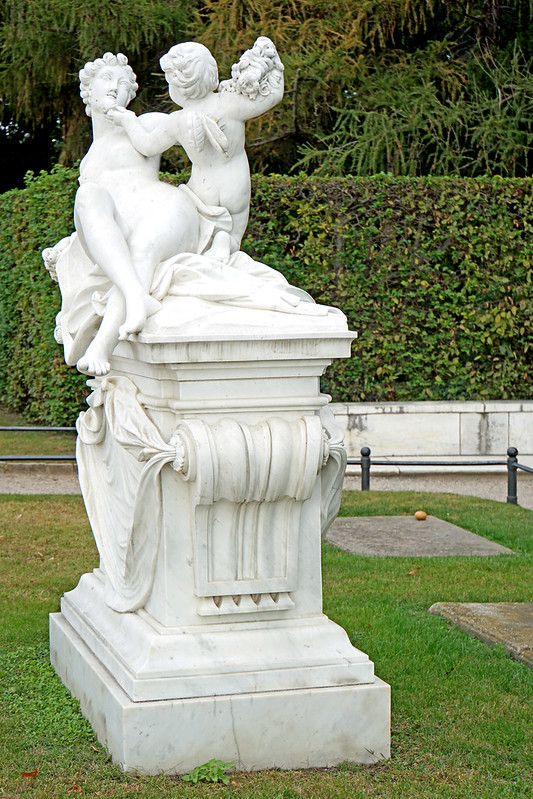Few actions garner more criticism and confusion than political apostasy.
Indeed, in the world of today’s polarized politics, we analyze and subsequently rebuke ad nauseam, finding it seemingly unthinkable that any individual would cross the aisle and cast his or her previous political convictions to the wind.
As the journalist George Packer surmises, “it’s like blaming your spouse for your own unfaithfulness,” and it is “as hard to face up to as falling out of love or losing your religion.”
We do not like to think of our politics in this way because on some level we simply cannot grapple with the idea that we — as benevolent, intelligent human beings — could be so ruthless towards one another. But in large part, we actually are.
As Packer further notes, “there’s a special contempt reserved for the political apostate — an accusation of intellectual collapse, an odor of betrayal.”
Those who defect even have to take the relatively drastic measure of finding new friends, he claims.
Therefore, even if it was the case that an individual became disillusioned with his or her political beliefs, he or she would probably be reluctant to openly acknowledge such a change of heart due to the guaranteed ridicule that would ensue from fellow compatriots.
From an objective standpoint, a situation like this one seems fairly ridiculous, but it happens more often than we might like to think.
People are embarrassed, afraid or otherwise disinclined to share that they have changed their views.
The question that consequently arises, then, is why this attitude occurs. How could it be that something so ostensibly inconsequential could have such an unrelenting potency over us?
The easy answer, and the one that has been repeatedly offered, is that the two political parties have become more polarized than ever, and that defecting is basically a logical impossibility. The sides are simply too different.
But the real problem arises from the intellectual character of the political left. The left, even more so than the right, makes the woeful error of believing that all of its ideas and assumptions about the world are inherently correct.
If someone has an opposing opinion from me, the left proclaims, it must be due to the fact that they are wrong, not because their views are different.
Packer goes to great lengths to describe how former left-wing thinkers eventually denounced their allegiances and joined the right: ex-communists assisted in the founding of National Review in the 50s, former socialists established neo-conservatism in the 60s and 70s, the at one point New Deal liberal Ronald Regan became the defining face of conservatism in the 80s.
He then concludes from this exploration that we are now “due for a new crop of writers to start recording their disillusionment — this time with the right,” and he has good reason for doing so.
Donald Trump, with his recent win in South Carolina, is currently the favorite for the Republican nomination for President, and his incoherent and prejudiced ideals should not find themselves anywhere near the White House.
But do we not make analogous claims of Bernie Sanders? Just recently, a cohort of preeminent liberal economists raised serious concerns about Sanders’ economic policies, calling them “irresponsible” and a detriment to the progressive economic agenda.
In short, Donald Trump is wrong, and so is Bernie Sanders.
Thus, Packer’s insistence that today’s citizens are inevitably more likely to become disillusioned with conservatism than liberalism furthers the left’s fiction that its way of thinking about the world is intrinsically correct.
It might be, it might not. But to mechanically assume that a line of thinking is correct without critically examining it is foolish.
Perhaps more than anyone, liberals pride themselves on the idea that conservative beliefs are never completely set in stone. They should have no reason to believe that a candidate like Sanders is any less corrosive to the political system than Trump.













